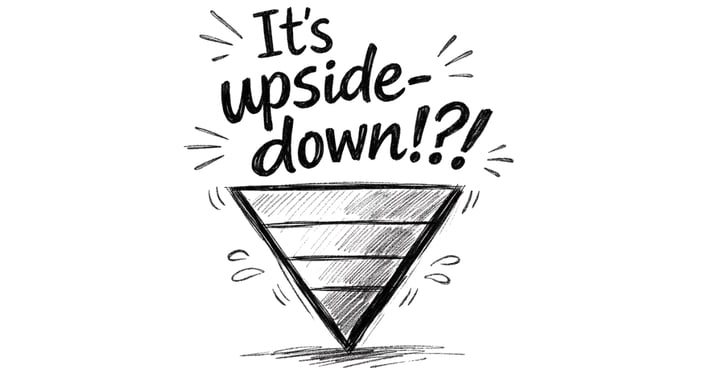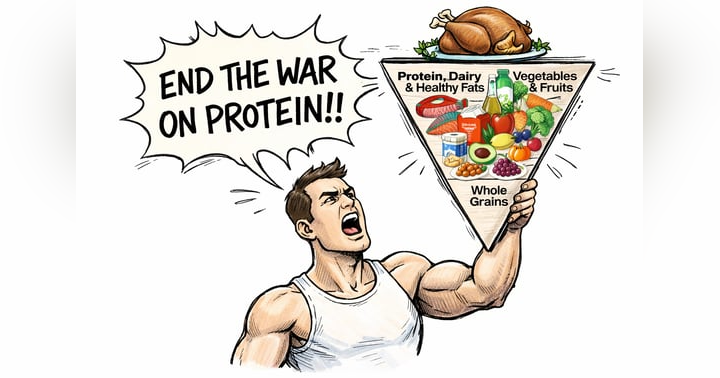Feel & Find: A Strategy for Emotional Eating
Humans are complicated.
And our emotions can lead us to do things we don't always want to do.
It's like our brains say, "Oh, you're sad? This carton of ice cream will help."
When in fact, it doesn't.
Because our emotions, good or bad, are an emotional trigger, we need an emotional solution.
You can help your patient learn to target the underlying emotion that's causing them to eat — in a way that's productive and that addresses the emotion itself.
Simply stated, patients need to learn how to feel and find.
Feel their emotion and find a solution.
Let's dig into how this can be accomplished:
1. Feel the emotion.
This is where identifying the trigger and writing it down is an important first step! This needs to be done without judgment or guilt. Teach your patients to take a moment, recognize the reason they are eating, and write it down in their Food Mood Journal.
2. Find a productive solution.
Remember the problem is emotions, not the food. So we need an emotional solution to an emotional problem.
This is where patients need to choose a better coping mechanism than food. There is no right answer here because it depends on the emotion a patient is struggling with.
But here are some helpful strategies for coping with common emotions:
- Stress – breathing exercises/box-breathing, meditating or prayer, take a 5 or 10-minute walk, yoga, journaling.
- Loneliness – join a local church or club, volunteer, get a pet companion, text, call or video chat with a friend or loved one.
- Happiness – nonfood reward – get your nails done, buy a new golf club, dance or exercise, call a friend.
- Sadness – start a grateful journal and every day write something you are thankful for, go for a walk, listen to or watch comedy.
- Boredom – find a hobby or learn something new, clean or organize a closet, call a friend, write letters to family, watch a movie or read a book.
- Anxiety – deep breathing, progressive muscle relaxation, journaling, go for a walk, confide in a friend, or consider reaching out to a counselor or therapist.
Learning how to cope with something other than food is the key to a lifelong healthy relationship with food!
To go deeper into this topic and to learn more about Mindful Eating and Intuitive Eating, listen to this podcast episode.
❤️ Your Nutrition Mentor,
Colleen
Did you enjoy this quick read?
The best clinicians incorporate solid nutrition tips into their patient education.
But finding the right words, with limited time is challenging.
I'll teach you how to do it.
Sign up for my Nutrition Wrap-Up newsletter to learn exactly how to discuss nutrition with your patients. As a subscriber, you'll also get actionable nutrition freebies along the way.
Subscribe to the Nutrition Wrap-Up today!





